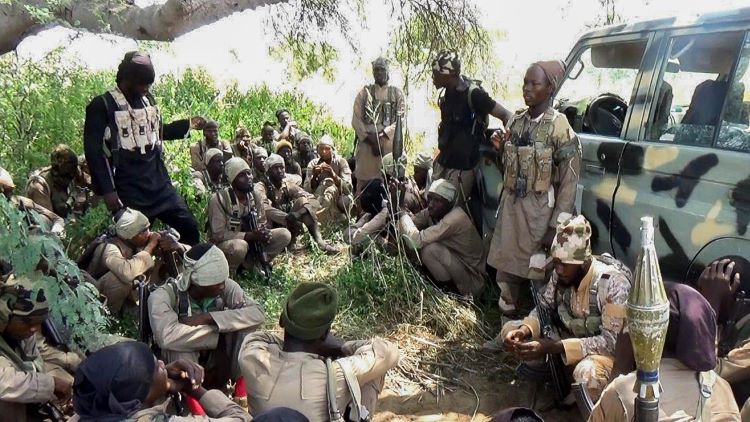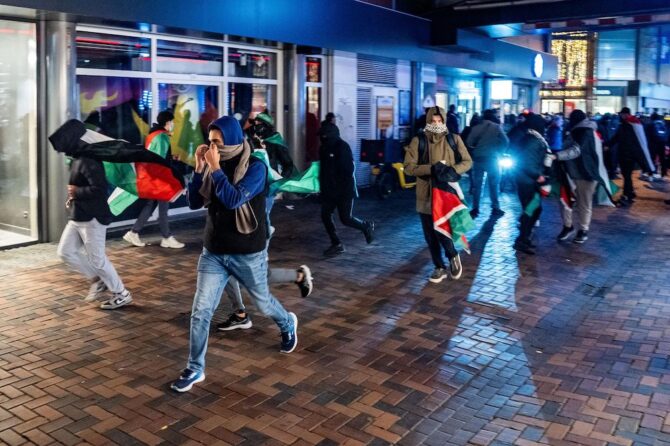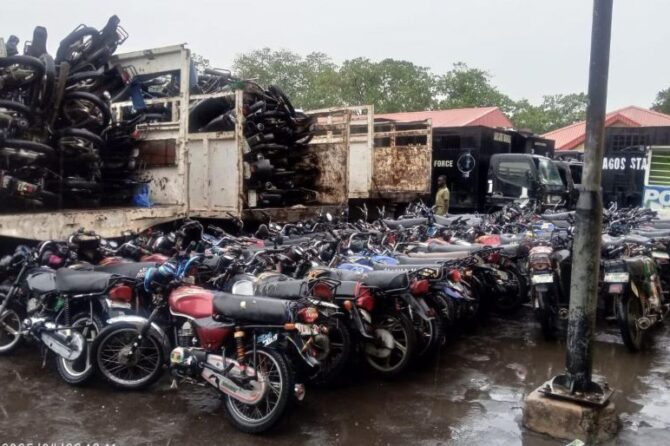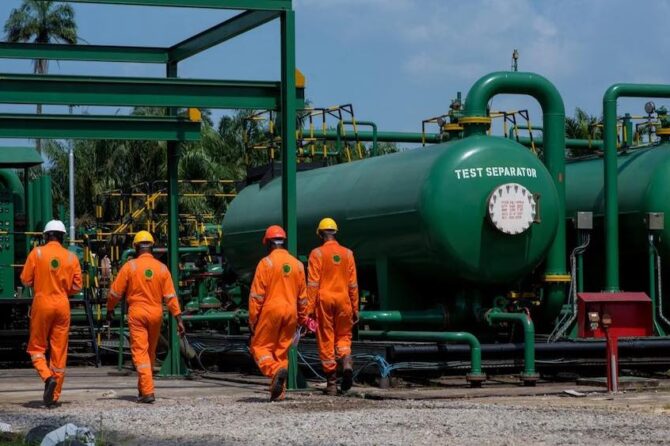Boko Haram, ISWAP Attack Four Military Bases in Borno, Killing Soldiers and Seizing Weapons
Borno State, Nigeria, May 12–14, 2025 – A coordinated wave of attacks by Boko Haram and Islamic State West Africa Province (ISWAP) insurgents has hit four Nigerian military bases across Borno State within 24 hours, resulting in multiple soldier fatalities, loss of military equipment, and heightened security concerns in the region.
Sequence of Attacks and Locations
- Marte (May 12, early hours): ISWAP militants launched a surprise assault on the Forward Operating Base of the 153 Task Force Battalion in Marte Local Government Area. The attack overwhelmed Nigerian troops, forcing them to retreat to Dikwa by around 3 a.m. Several soldiers were killed or captured, and the insurgents burned armored vehicles and destroyed military facilities. The militants took control of Marte, a strategic town near Lake Chad, disrupting military operations and local stability.
- Dikwa (May 13): Hours after the Marte attack, insurgents struck the 24 Task Force Brigade base in Dikwa. The militants used drones for reconnaissance and launched an assault that resulted in casualties among soldiers. Nigerian Air Force jets intervened, killing several insurgents and destroying vehicles used in the attack. The military regained control after intense fighting.
- Rann (May 13, midnight): Boko Haram fighters attacked the military formation in Rann, Kala-Balge LGA, using heavy weapons and drones. The attack killed at least five soldiers and injured others. Civilians fled en masse toward the Cameroonian border. The Nigerian military, supported by air strikes, repelled the insurgents, who retreated after suffering losses.
- Gajiram (May 13): Militants launched an attack on the military base in Gajiram town, Nganzai LGA. Troops resisted the assault, forcing the insurgents to withdraw. No confirmed casualties were reported, but the attack contributed to the overall security crisis in Borno.
Tactical Evolution and Impact
The insurgents demonstrated increased sophistication by employing drones for surveillance and tactical strikes, coordinating near-simultaneous attacks across multiple fronts, and exploiting insider information allegedly provided by a civilian Joint Task Force member. The use of drones marks a tactical turning point, complicating counterinsurgency operations.
The fall of Marte and repeated attacks on military bases have severely impacted Nigeria’s efforts to contain the decade-long insurgency. Soldiers reportedly abandoned posts, with some fleeing to their villages, citing low morale and inadequate support.
Casualties and Losses
At least 17 soldiers have been confirmed killed in the attacks on Marte, Dikwa, and Rann, with additional soldiers missing or captured. The insurgents seized or destroyed military vehicles, including armored tanks, gun trucks, and motorcycles, further weakening military capacity.
Government and Military Response
The Nigerian Army and Air Force have launched counteroffensives, deploying fighter jets to engage fleeing insurgents and restore control over affected areas. Military sources affirm that reinforcements and intelligence efforts are being intensified to prevent further losses.
Governor Babagana Zulum condemned the attacks, calling for prayers and increased vigilance. The Defence Headquarters has not issued an official statement but is reportedly coordinating responses with regional and international partners.
Broader Security Concerns
The attacks underscore the persistent threat Boko Haram and ISWAP pose to northeastern Nigeria and the Lake Chad Basin. The insurgents’ ability to mount coordinated, multi-location assaults signals a resurgence that threatens civilian safety, disrupts economic activities, and challenges Nigeria’s counterterrorism strategies.

















